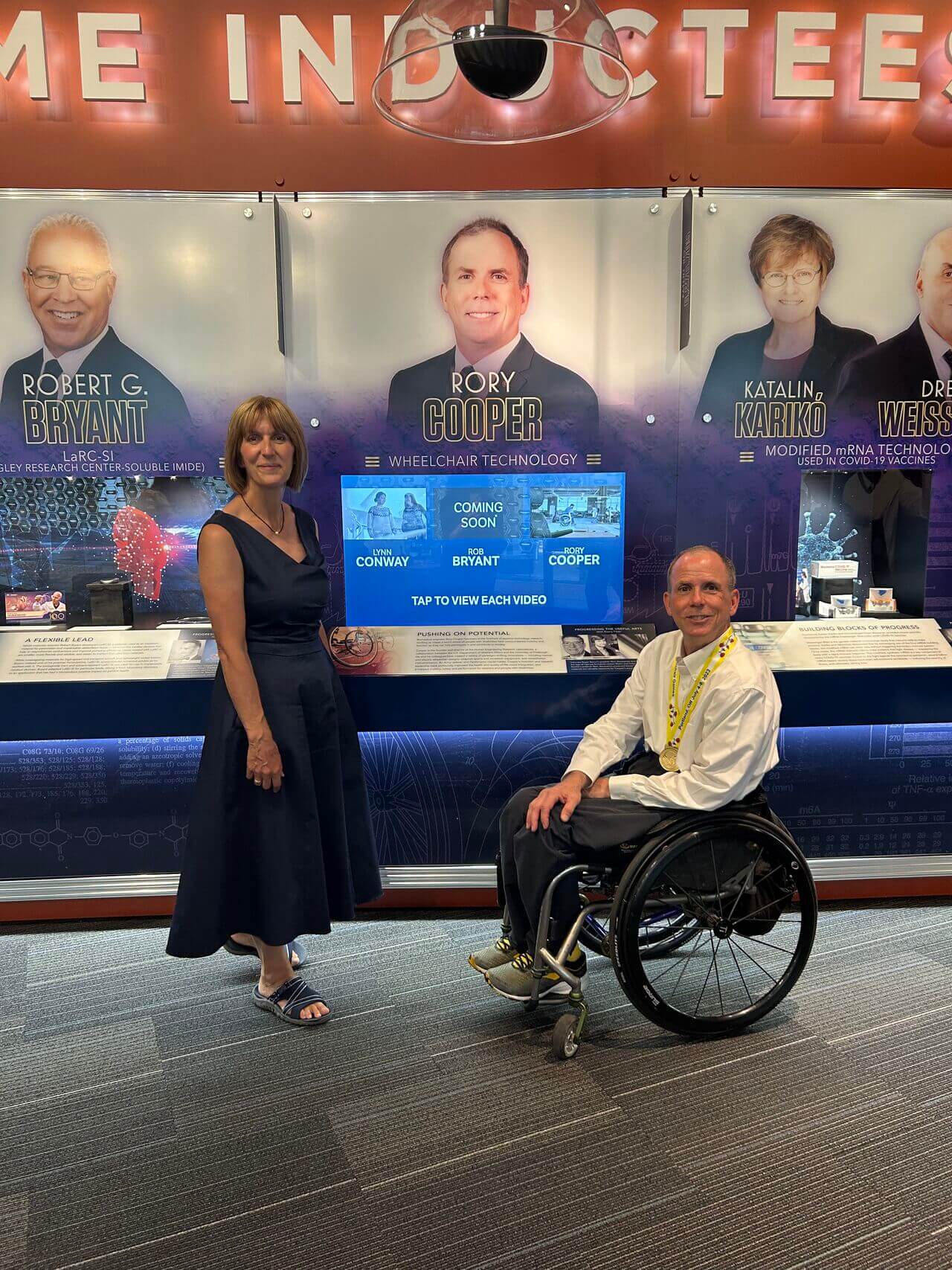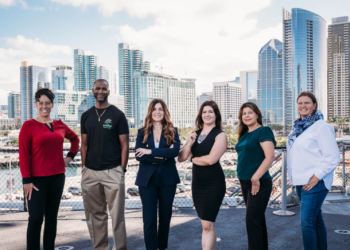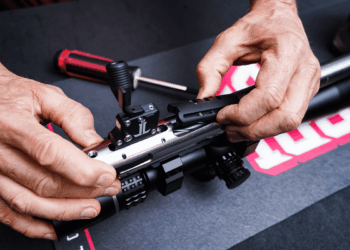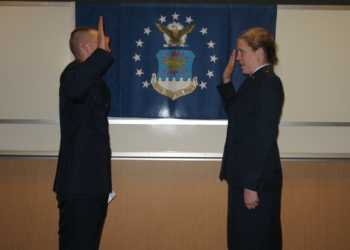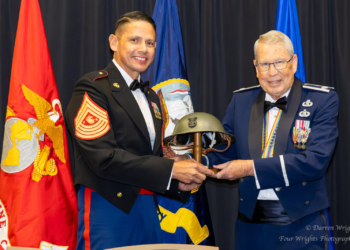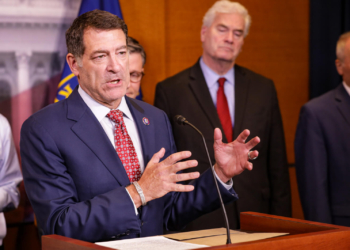When the Army taught Rory Cooper the ethos of “improvise, adapt and overcome” in the late 1970s and early 80s, he figured he would use it mainly for military-specific situations during his six-year Army career.
That belief was shortsighted. Forty years later, Cooper, a California native, is still calling on that motto — but for an entirely new line of work as a nationally-recognized inventor with more than 20 patents bearing his name. The community of inventors has taken notice, electing to induct him into the National Inventors Hall of Fame this month.
“There’s the cliché that necessity is the mother of invention, but it’s actually true in many regards,” Cooper said. “I had a very unusual Army career in that I worked in multiple areas in a short period of time [including mechanics and civil affairs], and I think that helped me just be flexible.”
Change of plans
“Flexible” is an accurate word for Cooper, an Eagle Scout who became a wheelchair user after being hit by a truck while stationed in Germany in 1980. He had grown up taking things apart and putting them back together in his family’s automotive and repair shop. So when he noticed the frustrations of wheelchair technology at the time, he resolved to do something about it.
“It didn’t take me too long to see that a lot of people had needs for better wheelchair technology,” Cooper said. “My spinal cord injury changed my whole career.”
The man who once dreamed of possibly being an engineer for either Disney or NASA now knew what his life’s mission would be: inventing assistive technology for people with disabilities. To that end, Cooper earned bachelor’s and master’s degrees in electrical engineering and a doctorate in electrical and computer engineering in the 1980s. By 1994, he was the founder and director of the Human Engineering Research Laboratories (HERL), an alliance between the VA and the University of Pittsburgh.
“I think being a wheelchair user gives me an edge, because I live it,” Cooper said. “My friends live it. You can’t escape it.”
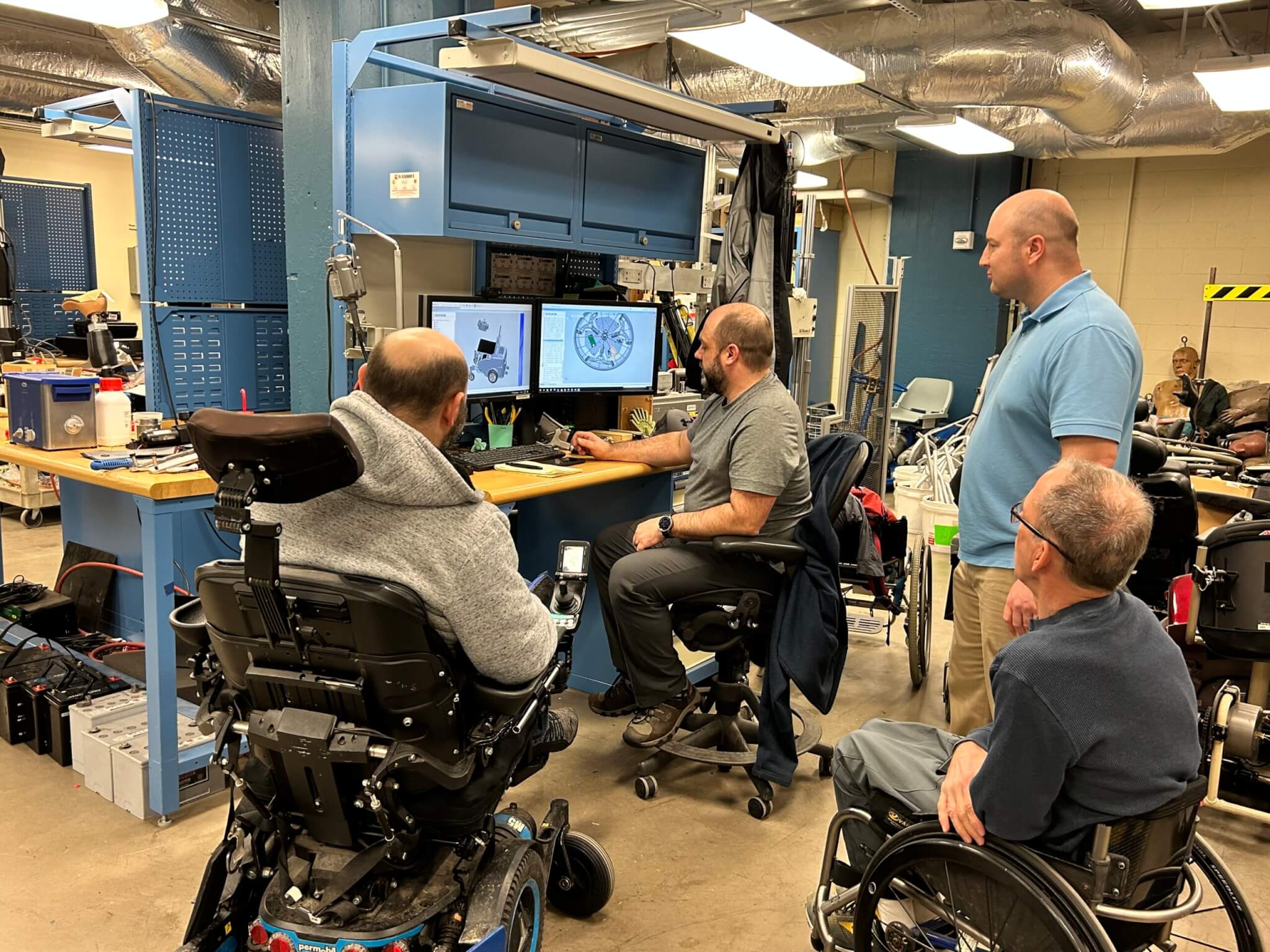
Eternally curious
Cooper, married to wife Rosemarie for more than 40 years, isn’t bitter about his lot in life. He has won a bronze medal in the 4×400-meter relay at the 1988 Paralympic Games, hand-cycled his way through many marathons and earned more than 150 medals in the National Veterans Wheelchair Games. He is also on the board of directors of the Research Foundation of the Paralyzed Veterans of America.
His latest honor — that of being inducted into the National Inventors Hall of Fame — will land him alongside famous names like Thomas Edison, George Washington Carver and Steve Wozniak. He found out in the summer of 2022 but had to keep it a secret until January.
“I was very surprised, please and humbled to find out I was being inducted,” said Cooper. “What was most pleasant about that call was knowing that this means that inventions for people with disabilities were considered worthy of being in the Hall of Fame.”
Cooper, 63, will be formally honored on October 26 at the induction ceremony in Washington, D.C. Some of his creations — of which Cooper says he cannot pick a favorite — include an ergonomic wheelchair push rim that drastically lowers wrist and shoulder injuries. Another is a specialized joystick for power chair users that can be calibrated to individual hand and arm function and even compensate for hand tremors.
Just days after the ceremony, Cooper will jet off to Egypt to help with a conference for the International Paralympic Committee. It’s a lifestyle the inventor plans to continue until he no longer can.
“I enjoy what I’m doing, especially meeting people whose lives we’ve impacted, and hopefully convincing a few of them to become inventors or even dedicate their lives in service to others,” he said. “As long as I can make a positive difference in people’s lives, it brings me tremendous pleasure.
“What else could I do better with my life except to help other people?”


